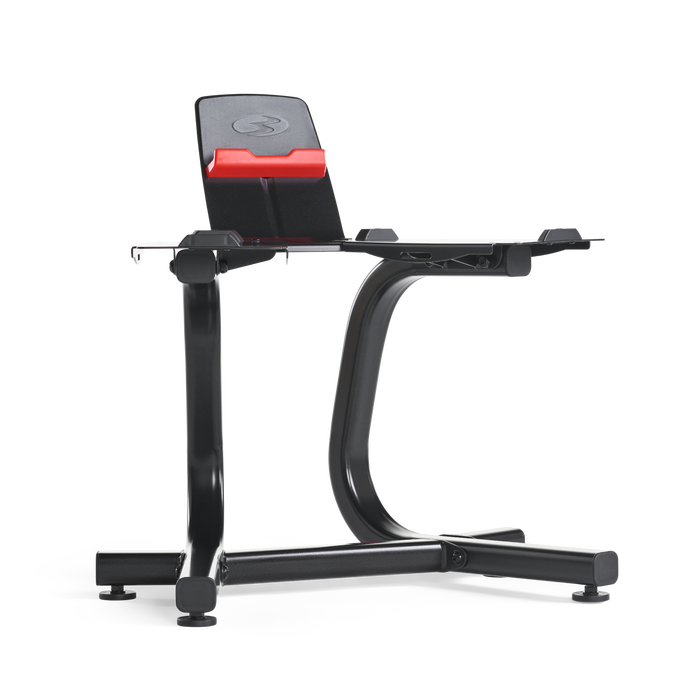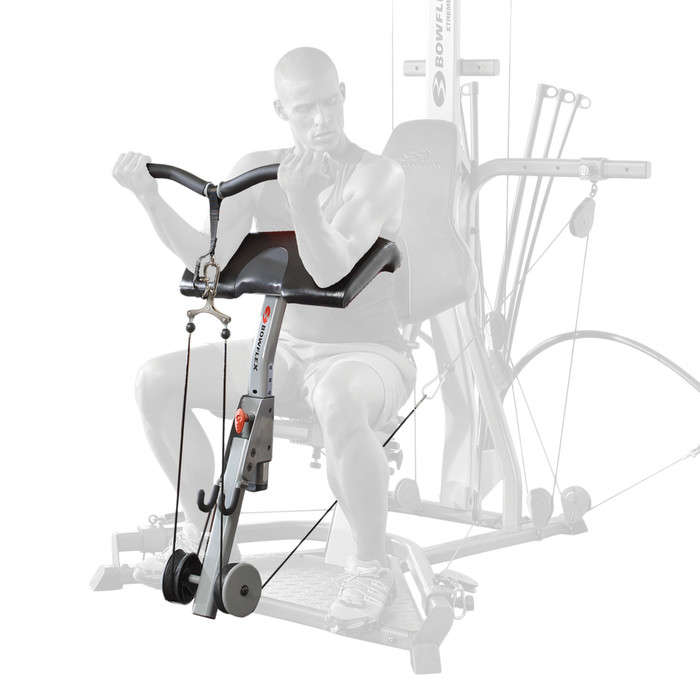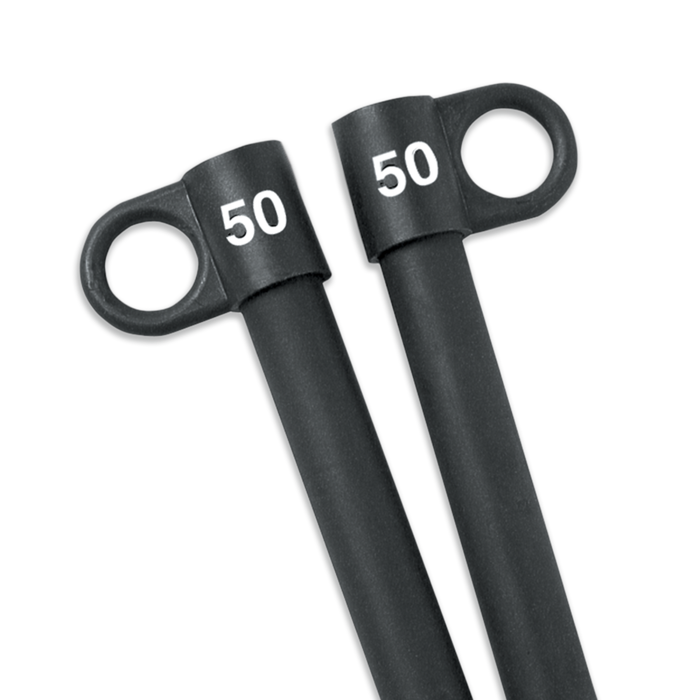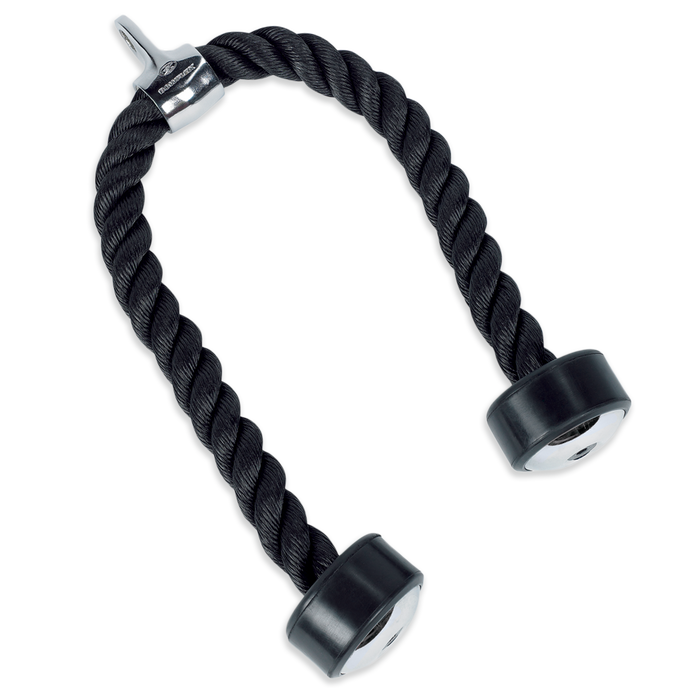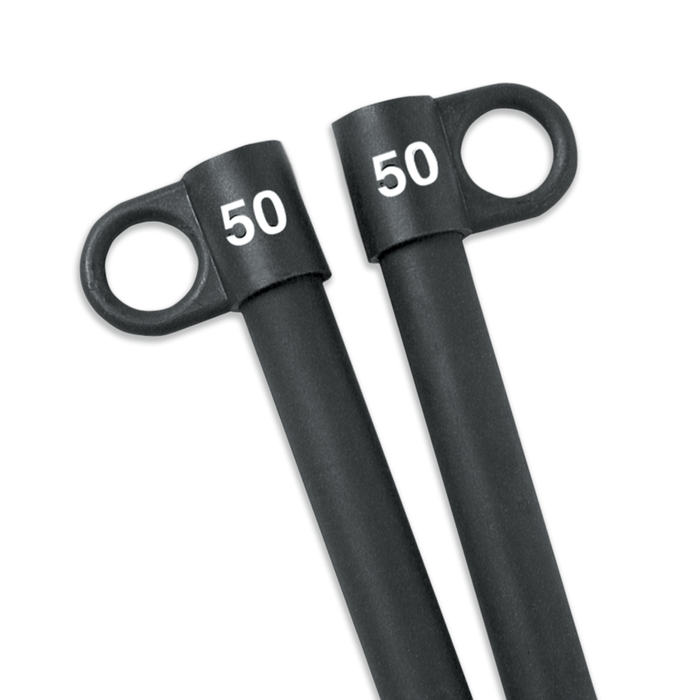Why You Should Set New Year's Goals

First, let’s start by discussing the concept of New Year’s resolutions. While it may seem insignificant, I firmly believe in setting goals instead of resolutions. Why the splitting of hairs? What’s the big difference? Let’s look at the definitions of both terms:
Resolution: “A firm decision to do or not to do something.”
Goal: “The result or achievement towards which effort is directed.”
Resolutions are often black-and-white, especially when they involve deciding not to do something, such as cutting out a bad habit like smoking. When you break your resolution, as is so often the case, it is often internalized as a failure. You feel guilty for “being weak,” for not sticking to your “firm decision,” something that is oftentimes ridiculously difficult to stop doing cold turkey. Powerful habits engrained over many years are not easily extinguished, and, once you have broken your resolution and internalized it as a weakness on your part, you simply return to engaging in the behavior once again. Your resolution has ceased to exist.
Conversely, resolutions can also be extremely vague, as in the oh-so-common “I am going to be healthier this year” or “I am going to exercise more.” There is no way to quantify these types of resolutions; there are no short-term and long-term ways in which to gauge your progress. This lack of structure and focus is one of the main reasons people fail to achieve their New Year’s resolutions.
So resolutions are often far too restrictive or far too vague. Similar to going on a fad diet, you are setting yourself up for failure from the very start. New Year’s Resolutions are often broken before January has even come to an end.
Goals on the other hand involve “directed effort” as the definition implies. They are specific, yet far less black and white. For example, a great New Year’s short-term goal might be:
“I will do 60 minutes of cardio per week.”
It is clear and concise. It is quantifiable. It is not too extreme, and it allows for flexibility. You can do three sessions of twenty minutes, four sessions of fifteen minutes, or even one session of the full hour.
If you fail to achieve the goal of sixty minutes in the week, all is not lost. You have not failed. You are not resolving to eliminate a bad habit; you are slowly trying to achieve a goal of establishing a new one. This takes time. If one week you fall short of your goal, you simply try to do better the next.
Finally, another example of a powerful New Year’s goal is to schedule an event on your calendar like your first fun run 5K, a bike ride for charity, a sprint triathlon, a Spartan race or something similar. Training for these events will give your workouts purpose, much more so than simply making a resolution such as “I will go to the gym more this year.” Participating in these types of events will often mean you have other people to train with as well, which makes it not only more likely you with stick with it, it makes it more fun. You end up working out more without exercise being the primary focus.
And, if something comes up and you can’t do the race you signed up for?
Just sign up for another.
You may also like
Set Yourself Up For Success In 2019







